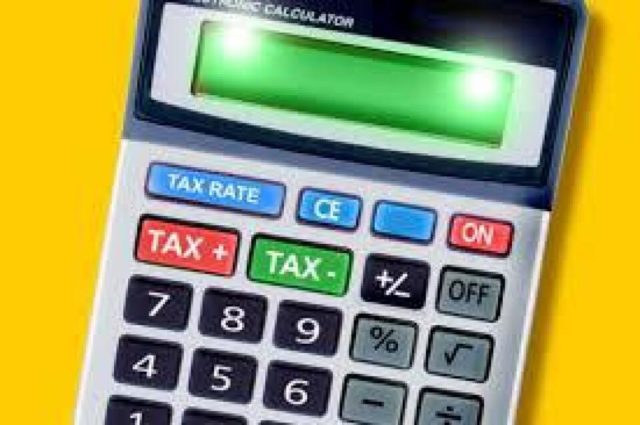Poll conducted by business NPO has shown that most respondents were increasingly unenthusiastic when it came to tax payments because of South Africa’s extensive and economically damaging Covid-19 lockdown and large-scale corruption.
A POLL conducted by business NPO Sakeliga has shown that myriad respondents were increasingly unenthusiastic when it came to tax payments because of South Africa’s extensive and economically damaging Covid-19 lockdown and large-scale corruption.
“95% of respondents in a Sakeliga poll this week said that lockdown decreased their willingness to pay tax. Nine out of 10 indicated an inclination to delay tax payments for as long as legally possible. Six out of 10 would even consider illegally withholding tax if encouraged to do so and if it could end lockdown quicker,” said Sakeliga via a statement on Monday.
The organisation’s CEO, Piet le Roux, said that a “new normal” in tax willingness was rapidly taking hold.
“The new normal for tax willingness is going to be much lower than before. We recommend that government and analysts compensate for this trend in their estimations of future fiscal deficits. Businesses are becoming unusually motivated to decrease their tax payments.”
It was evident from the answers given by poll respondents that lockdown, corruption, mismanagement and generally harmful government policies had created “a perfect storm”, said Le Roux.
“A senior executive at one of South Africa’s iconic companies recently put it to me that he considers paying tax in South Africa a possible violation of the American Foreign Corrupt Practices Act, since the money largely funds harm, mismanagement and corruption.
“While this interpretation is probably, legally speaking, incorrect, it is morally striking. This moral dilemma is weighing with increasing burden on businesspeople in South Africa: they consider it their duty to serve and fund the common good, yet they increasingly view tax as detrimental to society because of how it funds mismanagement, corruption, and harmful policies,” said Le Roux.
According to the Sakeliga poll:
- – 84% of respondents said government handled the Covid-19 outbreak badly, 14% were ambivalent, and two per cent said government handled it well.
- – 84% of respondents said government handled the Covid-19 outbreak badly, 14% were ambivalent, and two per cent said government handled it well.
- – 84% of respondents said government handled the Covid-19 outbreak badly, 14% were ambivalent, and two per cent said government handled it well.
The organisation said that 883 people participated in the self-selecting poll, conducted among more than 40 000 individuals in Sakeliga’s membership and network. Most participants responded via an e-mail link, and around 10% contributed through links accessed on social media.
The poll is not a nationally representative poll, said Le Roux.
“Sakeliga’s analysts do consider the poll to be a generally accurate indication of a new normal in taxpayer sentiment, even after compensating for self-selection among the non-random poll contributors. The intention with the poll was to gauge businesspeople’s willingness to pay tax in light of lockdown.”
– African News Agency (ANA)








